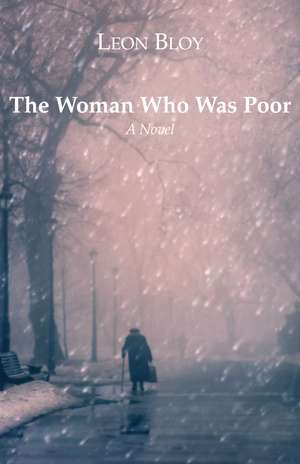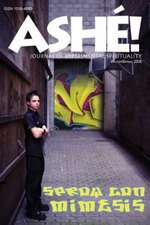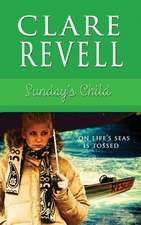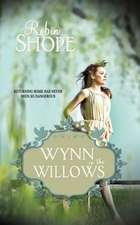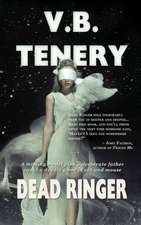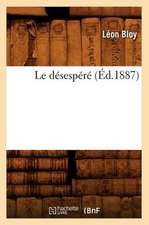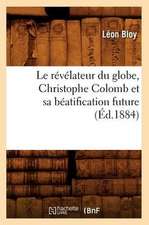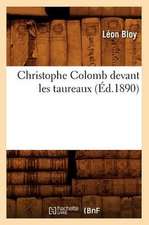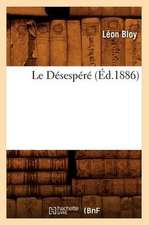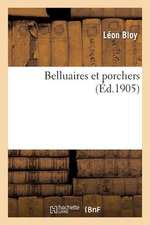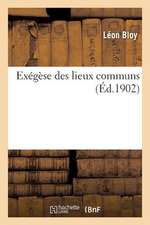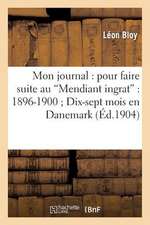The Woman Who Was Poor: A Novel
Autor Leon Bloy, I. J. Collinsen Limba Engleză Paperback – 10 oct 2015
It is the story of a woman who is abysmally poor, brutally treated and exploited by her parents, living in the gutters of Paris, yet she retains the spiritual outlook and purity of a saint. We are spared no brutality, yet there are scenes of the most tender beauty.
The woman, Clotilde, becomes an artist's model, meeting all the great French writers, among them the gloomy and magnificent Marchenoir, who is Bloy himself. They are all impressed by the depth of her thoughts and feelings; she finally marries one of them. They are pitifully poor, and the pages that cover the birth and death of their child shock with horror while moving the reader in their tragic beauty and tenderness––for this is Bloy, always hovering between death and ecstasy. Left a widow, Clotilda finds her true vocation, a vocation of poverty. She is the woman who is poor, no other words describe her more accurately. The novel ends with those famous words of extraordinary optimism: "There is only one misery…not to be saints."
Preț: 152.08 lei
Nou
Puncte Express: 228
Preț estimativ în valută:
29.10€ • 30.46$ • 24.08£
29.10€ • 30.46$ • 24.08£
Carte disponibilă
Livrare economică 15-29 martie
Preluare comenzi: 021 569.72.76
Specificații
ISBN-13: 9781890318925
ISBN-10: 1890318922
Pagini: 366
Dimensiuni: 140 x 216 x 28 mm
Greutate: 0.48 kg
Ediția:1
Editura: St. Augustine Press
Colecția St. Augustines Press
ISBN-10: 1890318922
Pagini: 366
Dimensiuni: 140 x 216 x 28 mm
Greutate: 0.48 kg
Ediția:1
Editura: St. Augustine Press
Colecția St. Augustines Press
Recenzii
"The English edition of this novel of Parisian life in the eighties brings to the English-speaking world a powerful and realistic tale of the development of spiritual discernment blossoming out of poverty and degradation. The woman, Clotilde, becomes an artist's model and meets all of the great French literati and impresses them with the depth of her thoughts and emotions. There is much philosophizing along the way…. The book is saturated with Catholic thought and allusions, but it is by no means a pietistic tract in novel form, for Leon Bloy was an accomplished novelist." ––Kirkus Review
